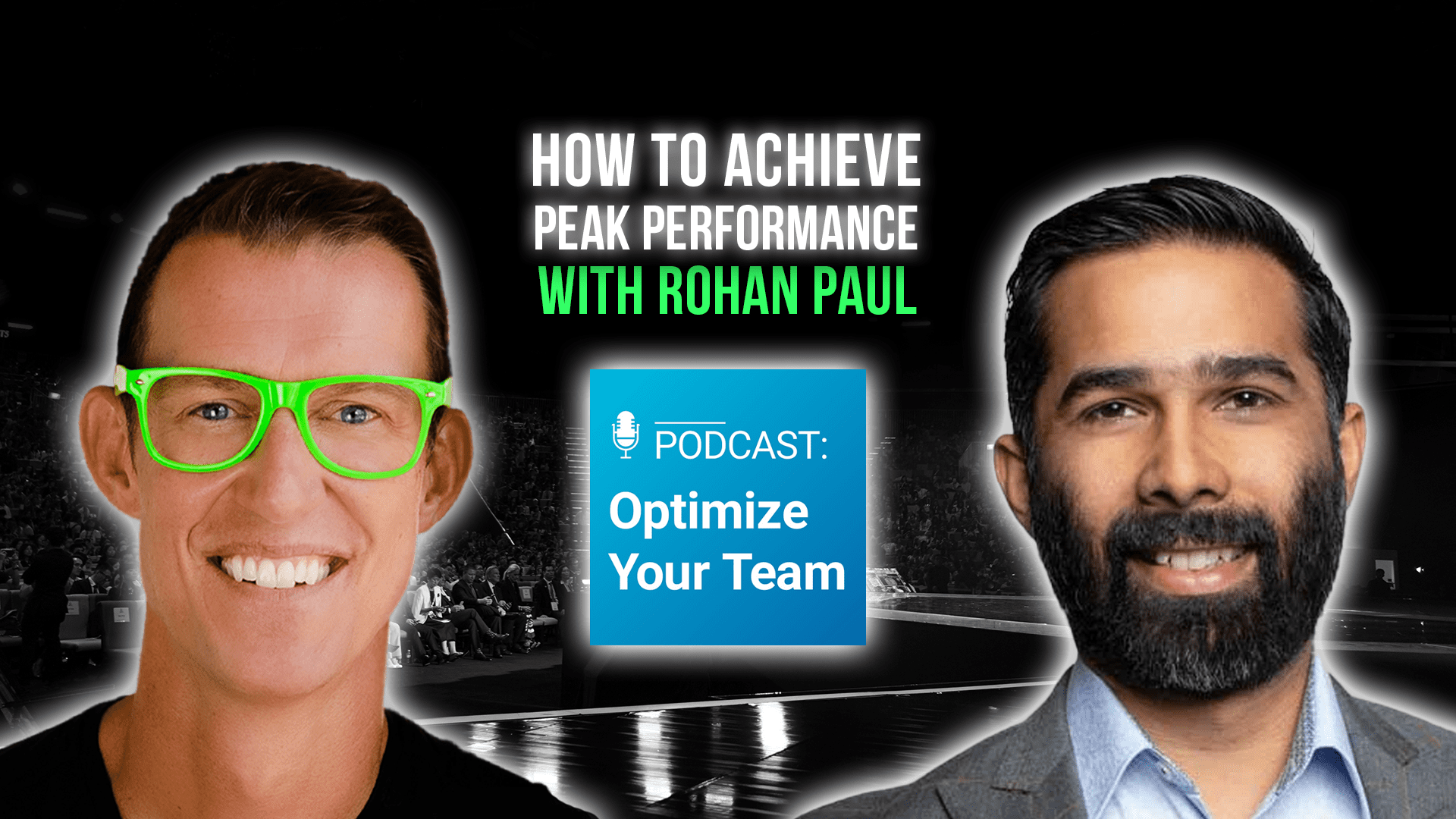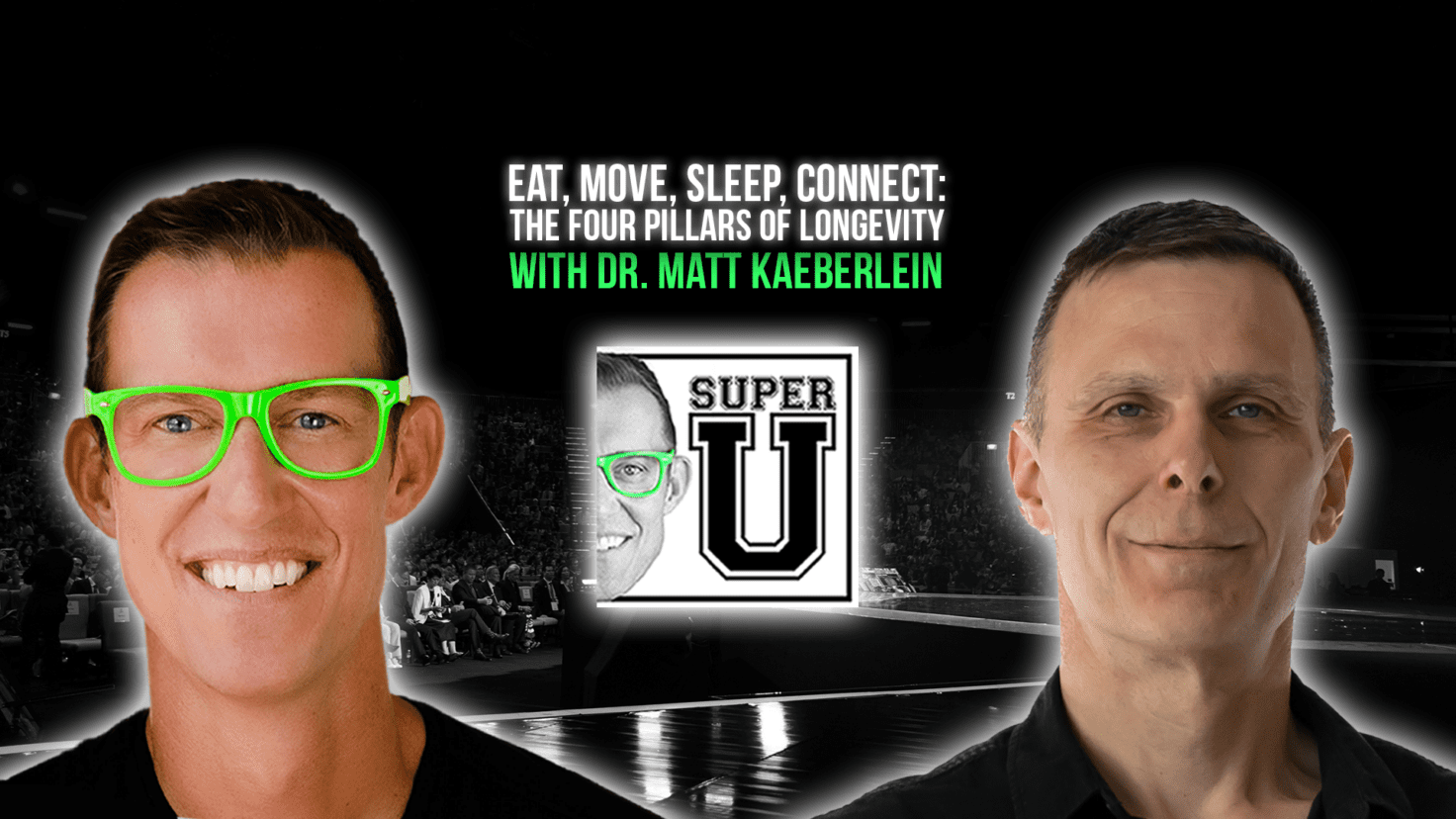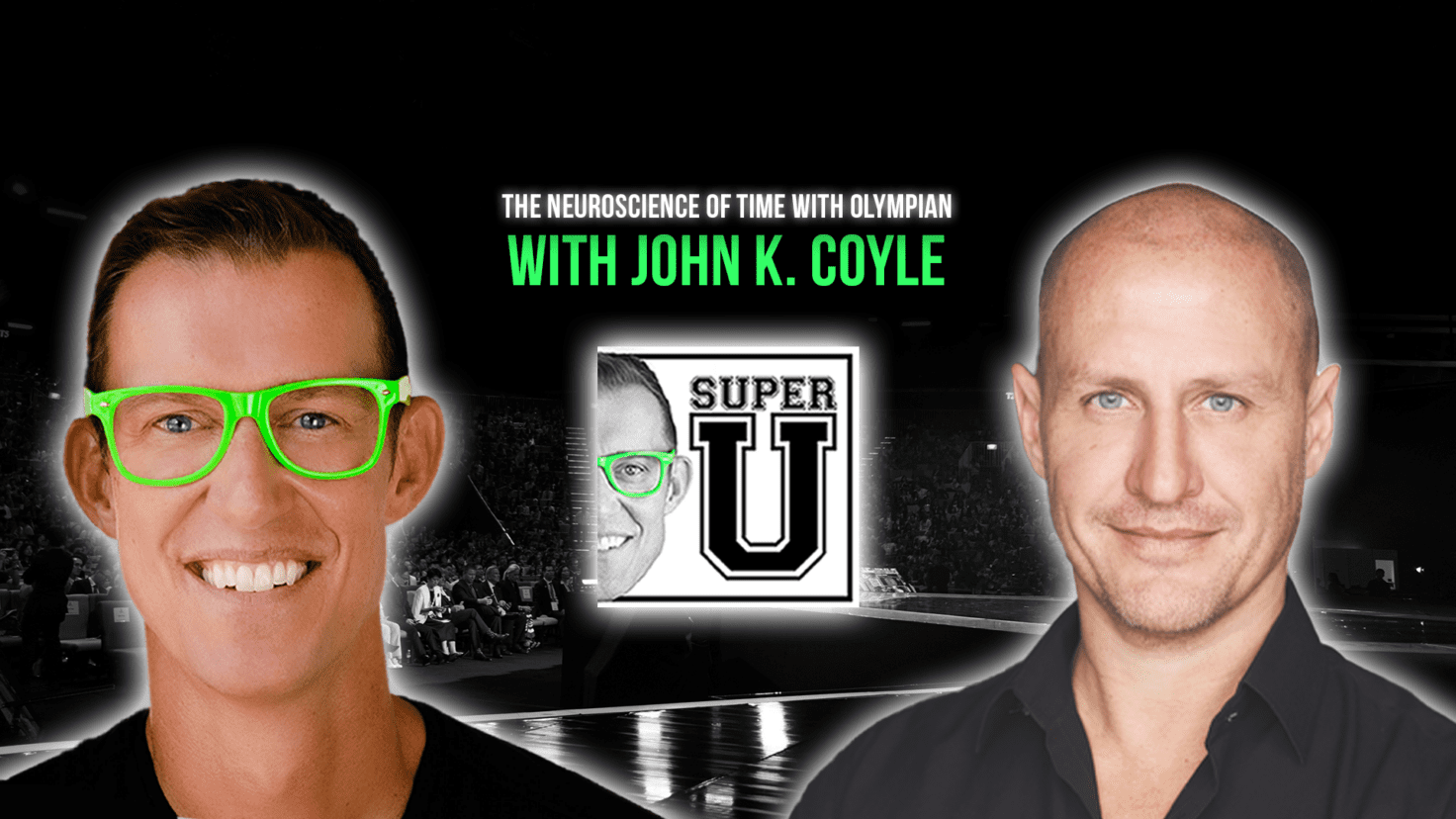How To Achieve Peak Performance (from the Optimize Your Team Podcast)
Recently, Equalman was a guest on the Optimize Your Team Podcast, hosted by Rohan Paul. And now, we’re reposting that episode here. They discuss how leaders can foster a culture of focus within their teams, why it’s important to hone in on the big things while cutting down on busy work, how to say no better, and much more.
Is there a topic you want Equalman to cover on the podcast? Do you have any questions you wish you could ask an expert? Send an email to our team and you could be featured on an upcoming episode: [email protected]
Need a sneak peek? Below are the main takeaways from the episode.
Preview:
“I love the metaphor and the signs. Staying with that metaphor, I’m sure when you’re in Egypt—or any country you’ve visited—the signs that are easiest to understand are the warning signs. Danger is universal. A bright orange triangle? You know what that means: stay away. If I’m skiing and see that kind of sign, I don’t need to read the words to get the message.
In life, we need to recognize and avoid the “danger zones.” We also need to focus on what we’re not going to do. Earlier, I mentioned the importance of identifying the one thing we do so well that it makes everything else easier or unnecessary. Now, we need to ask: What are we not going to do this year? This requires courage, especially as a company.
As organizations, we want to excel at everything—it’s part of our DNA. But trying to be the best at everything means we’re the best at nothing. For example, when I give a talk, if everyone thinks it’s just “good,” then no one thinks it’s great. My goal is for 5–10% of the audience to feel it wasn’t for them. That tells me I’ve targeted the right audience and focused on the right message. Businesses must take the same approach: What are we not going to do?
This is especially challenging for leaders. You don’t want to alienate team members, especially those working on lower-priority initiatives. But it’s critical to help them understand how their work supports the bigger goals. You need to empower them while ensuring everyone focuses on the top priorities.
Leaders often excel with people; it’s why they’re in their roles. However, being a people pleaser can be a downside. To be effective, you need to know when to say no. Saying yes to everyone is essentially saying no to everyone because you won’t have the capacity to follow through effectively. If you overcommit, you’ll either do a poor job or fail to deliver altogether.
Learning to say no is a skill—and one I’ve worked on myself. One trick is to remember: If it’s not a hell yes, it’s a no. This simple litmus test can save you time and energy. For instance, if someone offers you two tickets to the Super Bowl, and your immediate reaction is “Hell yes!”—that’s a clear yes. But if it’s a cocktail reception two weeks from now and you think, “That might be good, but…”—it’s probably a no.
Having systems and procedures in place also helps. For example, you can use a copy-and-paste email response for opportunities that don’t meet your criteria. Practicing saying no in low-stakes scenarios, like declining extra pepper at a restaurant or an Uber driver’s small talk, can also help build the habit.
Here’s a story that illustrates my own journey with saying no. While writing my book, my daughters were young, and I was committed to spending weekends with them. I volunteered to teach Sunday school for their class. However, due to a shortage of volunteers, I was asked to help with the boys instead. I reluctantly said yes, but it didn’t feel right.
When it happened again, I knew I had to stick to my priorities. I politely declined, explaining that I wanted to spend time with my daughters. It felt uncomfortable at first—I didn’t want to seem selfish—but I stood my ground. A few days later, the organizer reached out again, saying they were in a tight spot and asking me to reconsider.
If I hadn’t been writing the book, I might have caved. But I stuck to my boundaries and sent a copy of my initial response. Ultimately, they found another volunteer, a woman who ended up enjoying teaching the boys more than the girls. It was a win for everyone.
This experience showed me that saying no can lead to unexpected positives. By taking control of my schedule, I felt more balanced and in control of my life. While it won’t always work out perfectly, setting boundaries helps you focus on what truly matters.”
More about the Optimize Your Team Podcast:
Optimize Your Team is a podcast that digs into team dynamics and leadership tools for an organization of any size. Listen to their host, Rohan Paul, as he discusses with a weekly guest what makes a great team and how his guest’s personal experience shapes their unique leadership styles.

To ensure you don’t miss future episodes, subscribe to our podcast by clicking here >> Super U Podcast. We hope these tips help unlock and unleash your inner superpower!
The Super U Podcast is hosted by #1 bestselling author and Motivational Speaker Erik Qualman.





